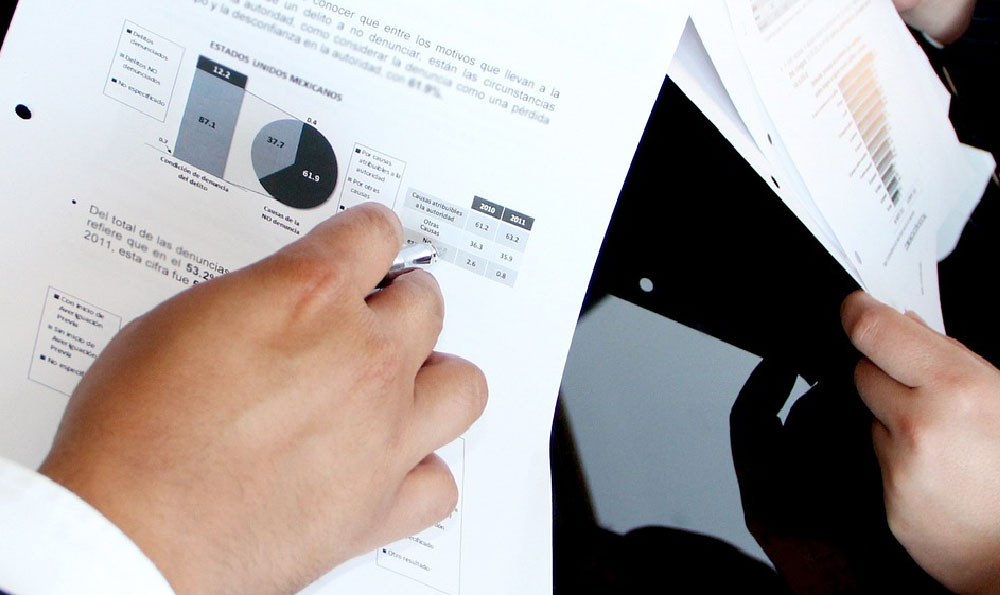Living in the modern workforce, many individuals find themselves in a situation where they might be considering part-time employment while still receiving unemployment benefits. This scenario is often driven by a need for additional income, flexibility, or the hope of transitioning back to full-time work without losing financial support. However, the intersection of unemployment benefits and part-time work can be complex, with varying rules across different regions and circumstances. Understanding the nuances of this relationship is essential for anyone in this position, as it can significantly impact their financial security and compliance with legal requirements.
Unemployment benefits are typically designed to support individuals who are actively seeking full-time employment, which means the eligibility criteria often include a minimum number of work hours per week or a requirement to be available for full-time work opportunities. In some cases, individuals who earn income from part-time work might still qualify for benefits if their earnings are below a certain threshold and they continue to meet other conditions, such as remaining unemployed for a specific portion of the week. However, this is not a universal rule, and the specifics depend heavily on the local laws and the policies of the unemployment insurance program in question.
The concept of “employment” itself can be multifaceted. In many jurisdictions, if an individual is performing any form of work, even part-time, it may disqualify them from receiving unemployment benefits. This is based on the principle that the recipient should be actively searching for full-time employment and not engaging in activities that imply they are already employed. However, some areas may allow for limited exceptions, such as if the part-time work is in a field that is directly related to the individual’s primary job or if it is a temporary arrangement to maintain skills and employment status. These exceptions can vary widely, and it is crucial to understand the precise terms of the local program.

One of the key factors that influence eligibility is the amount of income earned from part-time work. In some cases, if an individual’s part-time earnings exceed a certain limit, they might be required to stop receiving unemployment benefits or face penalties. This threshold is often tied to the state's unemployment insurance program, which determines the maximum weekly benefit amount and the income limits that could affect eligibility. In other situations, the part-time income might be considered a supplemental activity that does not disqualify the individual from benefits, especially if it is not a primary source of income.
Another critical aspect is the definition of “active employment search.” Most unemployment programs require recipients to actively seek full-time work, which may include submitting job applications, attending interviews, or participating in employment services. If an individual is engaged in part-time work, they might be seen as not fulfilling this requirement, thus risking the loss of benefits. However, some programs may allow for alternative proof of job search efforts, such as completing online courses or volunteering, to maintain eligibility.
In addition to the rules and requirements, individuals should also consider the potential consequences of working part-time while receiving unemployment benefits. These may include reduced benefit amounts, eligibility revocation, or even legal repercussions if the work is discovered and deemed inconsistent with program guidelines. However, some programs may offer special provisions, such as reduced hours in certain industries or temporary permits for individuals who need to work part-time for specific reasons, like childcare.
To navigate this situation effectively, it is advisable for individuals to consult the unemployment agency in their state or to seek guidance from a financial advisor who is familiar with local laws. They should also consider the potential impact on their long-term financial goals, such as the ability to save for retirement or invest in new opportunities. For those who are considering part-time work, it is important to understand how this might affect their eligibility and to plan accordingly.
In conclusion, the ability to collect unemployment benefits while working part-time is not a straightforward issue. It requires a careful examination of local laws, the specific terms of the unemployment insurance program, and the individual’s circumstances. While some regions may allow for limited exceptions, others may not. Understanding these details is essential for making informed decisions about financial management and career transitions.












